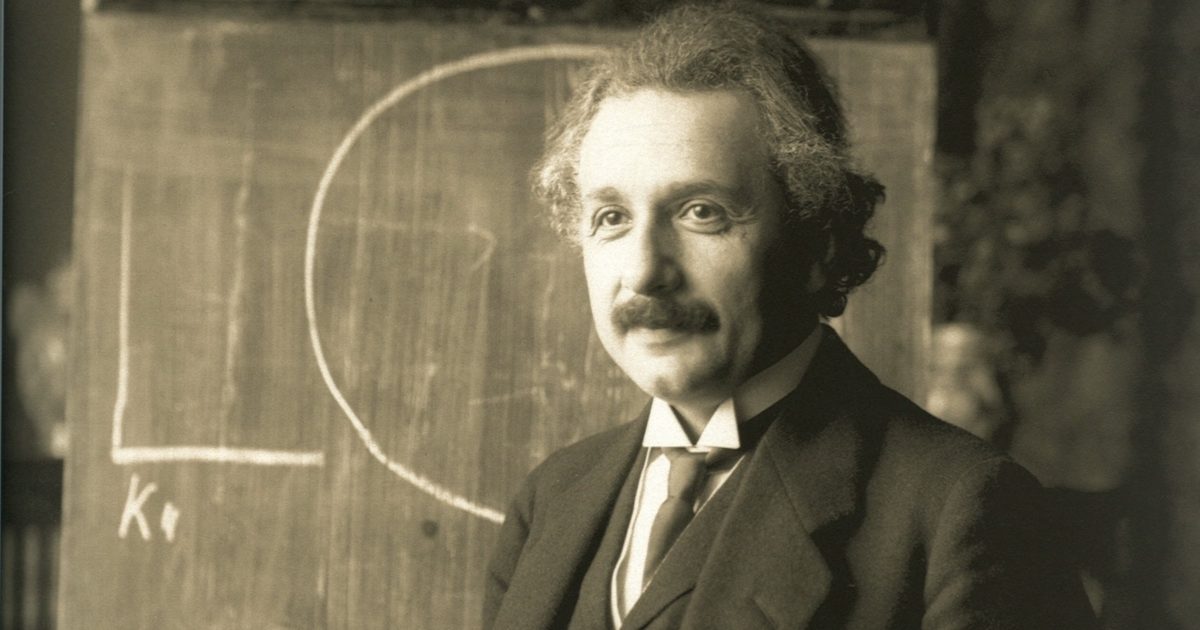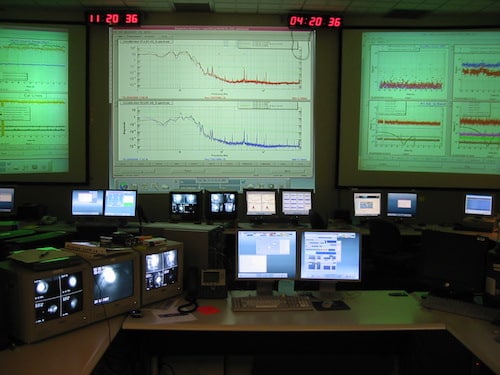
Dr. Bruce Gordon is a Senior Fellow at the Seattle-based Discovery Institute and Associate Professor of the History and Philosophy of Science at Houston Baptist University. He is an historian and philosopher of physics who earned his Ph.D. at Northwestern University, as well as degrees in applied mathematics and analytic philosophy from the University of Calgary, piano performance from the Royal Conservatory at the University of Toronto, and systematic theology from Westminster Theological Seminary in Philadelphia.
Dr. Gordon has taught at the University of Calgary, Northwestern University, the University of Notre Dame, Baylor University (where he served as a research professor and director of the program in science and religion) and The King's College in New York City (where he taught science and mathematics).
Dr. Gordon's scholarly work focuses on interpretive questions at the intersection of quantum theory, cosmology, analytic metaphysics and philosophical theology, along with fine-tuning issues in physics and biology, and the socio-historical and cultural dimensions of scientific and philosophical ideas. The recipient of National Science Foundation and Templeton Foundation conference grants, he has published technical articles in philosophy of science journals and contributed to edited collections. Recent publications include an appendix on inflationary string cosmology in a book authored by Fr. Dr. Robert Spitzer of Gonzaga University and the Magis Center of Reason and Faith, three essays in a book co-edited with William Dembski titled The Nature of Nature: Examining the Role of Naturalism in Science, essays on the deleterious effects of Darwinian naturalism in Western culture in Darwinian Evolution and Classical Liberalism: Theories in Tension and on ID as a species of uniformitarian analysis that can and should replace methodological naturalism as a constraint on science (in Perspectives on Science and the Christian Faith). He also served as co-editor of the volume Biological Information: New Perspectives. Some of these essays are part of ongoing project leading to a book examining the metaphysical implications of quantum physics and their integral connection to theistic metaphysics.
Archives


In the Beginning: How the Summer Seminars on Intelligent Design Got Their Start

What Should We Make of Gravity-Wave Detection?
A Matter of Considerable Gravity: On the Purported Detection of Gravitational Waves and Cosmic Inflation
